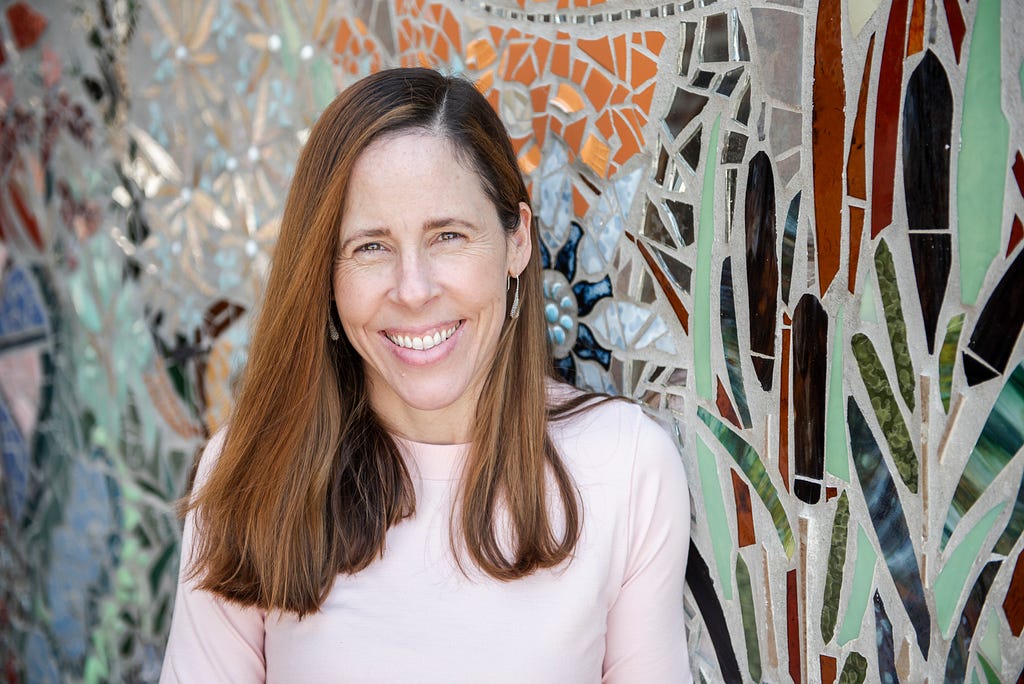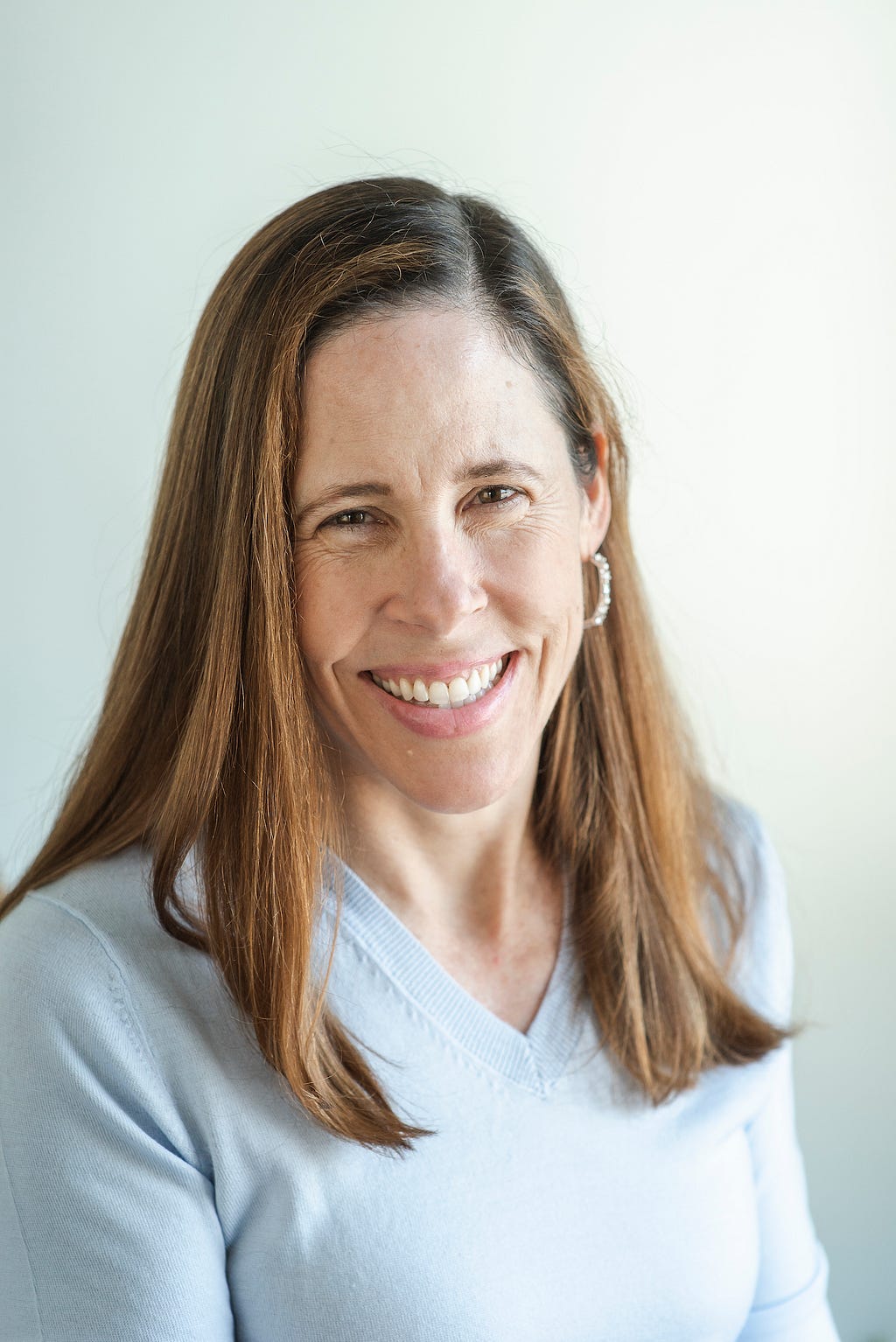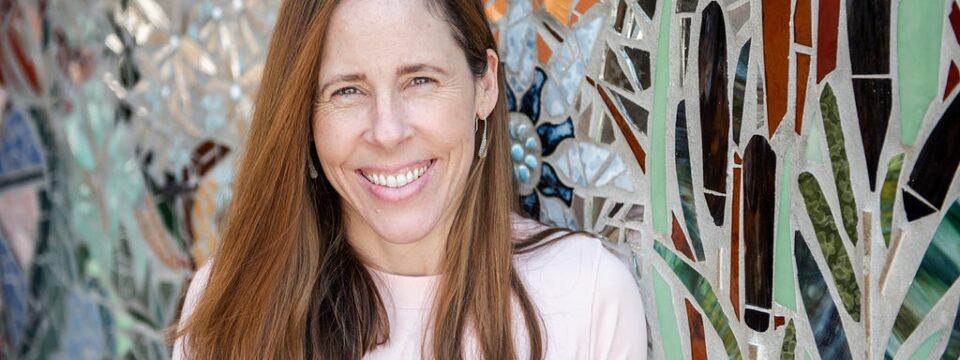
Do not get into a power struggle around food, enlist the support of an eating disorder team for support.
Eating disorders are complex mental health conditions that affect millions worldwide, transcending age, gender, and cultural boundaries. They are not simply about food but involve a range of psychological, physical, and social issues. Supporting a loved one through this struggle can be challenging, requiring understanding, patience, and knowledge of the right approaches to truly make a difference.
In this series, we aim to shed light on the most effective ways to offer support, understanding, and hope to those battling an eating disorder. We are talking to psychologists, nutritionists, doctors, therapists, and survivors, who can provide valuable perspectives on nurturing recovery, fostering resilience, and promoting healthy relationships with food and body image. As a part of this series, we had the pleasure of interviewing Dr. Lauren Napolitano.
Dr. Lauren Napolitano, a clinical psychologist in Philadelphia, is dedicated to helping those with eating disorders, inspired by her own recovery from an eating disorder in college. She emphasizes the importance of balance and prioritization, often quoting, “You can have it all, but not at the same time.” Dr. Napolitano highlights the alarming prevalence of eating disorders in the U.S., influenced by social media and cultural obsessions with body image. She advocates for a multifaceted approach to combat these issues, involving individual, community, and corporate efforts. Active on Instagram as @laurennapolitanopsyd, she shares insights and resources to support those affected by eating disorders.
Thank you so much for joining us in this interview series. Before we dive into our discussion, our readers would love to “get to know you” a bit better. Can you share with us the backstory about what brought you to your specific career path?
I’m a clinical psychologist in Philadelphia. I suffered from an eating disorder in college and found so much meaning and power in my own recovery that I trained as a psychologist so that I could empower the next generation of folks who are struggling with weight and body image.
Can you please give us your favorite “Life Lesson Quote”? Can you share how that was relevant to you in your life?
‘You can have it all, but not at the same time.’
Are you working on any exciting new projects now? How do you think that will help people?
I’m getting ready to present a talk ‘Coercive Control: How Divorcing a narcissist is almost as hard as staying married to one’ at the annual convention for the Pennsylvania Psychological Association.
According to this study cited by the National Association of Anorexia Nervosa and Associated Disorders, at least 30 million people in the U.S. of all ages and genders suffer from an eating disorder. Can you suggest 3–5 reasons why this has become such a critical issue recently?
- Social media has accelerated social comparison, which negatively fuels eating disorders.
- Our culture is OBSESSED with body image, losing weight and looking ‘thin’ at all ages.
- Our culture sells us a story that in a stressful world where everything is outside of your control, that your weight and shape are the one thing you can control.
Based on your insight, what can concrete steps can a) individuals, b) corporations, c) communities and d) leaders do to address the core issues that are leading to this problem?
Individuals can start to push back at cultural messages that our body shape is the most important thing about us.
Communities can create more support groups and spaces for people to vent/join about the toxic messaging in our culture about weight.
Corporations can stop selling us a false story that we will finally be happy when we are thin.
Leaders can enforce stricter rules on diet stories on social media.
As you know, one of the challenges of an eating disorder is the harmful,and dismissive sentiment of “why can’t you just control yourself”. What do you think needs to be done to make it apparent that an eating disorder is an illness just like heart disease or schizophrenia?
It’s true, some people do not find eating disorders to be a ‘sympathetic’ disorder (in the way that cancer or autism is), but truthfully most people have known at least one person in their life who has struggled with an eating disorder.

Here is the main question of our interview. Can you please share with our readers 5 ways to support a loved one who is struggling with an eating disorder? If you can, can you share an example from your own experience?
1 . Do not get into a power struggle around food, enlist the support of an eating disorder team for support.
2 . It takes a village to treat an eating disorder: dietician, therapist, primary care doctor. Start asking for referrals for these clinicians.
3 . Educate yourself about eating disorders.
4 . Reflect on your own relationship with food and body image. Is there a way that you could better model a good relationship with food?
5 . Do not stock your cabinets with diet food (keto snacks, 100-calorie packs, diet soda, reduced-fat cheese, etc). Stock your kitchen with a balance of whole foods, snacks and sweets. The goal is to decrease the idea that one food is ‘good’ and another food is ‘bad.’
How do you navigate the balance between offering support and respecting the autonomy of a loved one with an eating disorder?
The most important thing is to enlist the support of an eating disorder team — they can intervene as necessary but your stance should be supportive and curious.
Is there a message you would like to tell someone who may be reading this, who is currently struggling with an eating disorder?
With the right support and treatment, you can shake free of this eating disorder. But it takes commitment to treatment.
In your experience, what are the most effective strategies for building resilience and a positive self-image in individuals recovering from an eating disorder?
Joining a support group with other folks who are struggling with body image can be very helpful.
What are your favorite books, podcasts, or resources that have helped people with this struggle? Can you explain why you like them?
Renfrew has an amazing podcast about eating disorders. Highly recommend.
You are a person of great influence. If you could inspire a movement that would bring the most amount of good to the largest amount of people, what would that be? You never know what your idea can trigger. 🙂
Instead of canceling celebrities, we should cancel the diet industry.
How can our readers continue to follow your work online?
On Instagram: @laurennapolitanopsyd
Thank you so much for these insights! This was so inspiring!
Dr Lauren Napolitano On How To Support A Loved One Who Is Struggling With An Eating Disorder was originally published in Authority Magazine on Medium, where people are continuing the conversation by highlighting and responding to this story.
